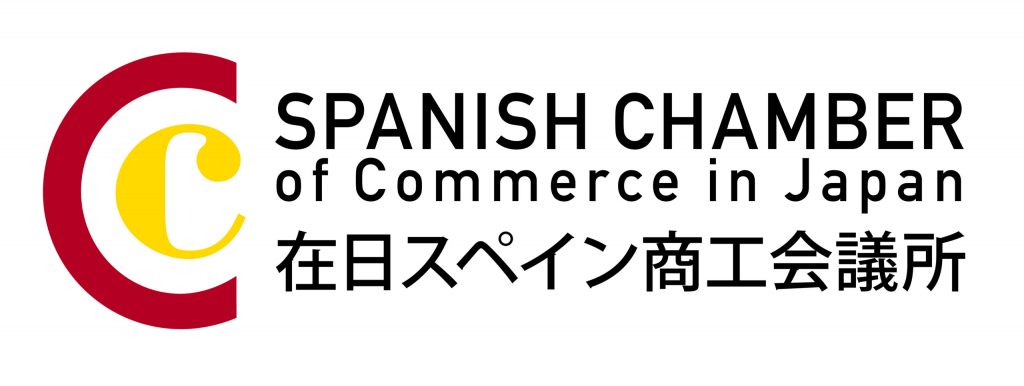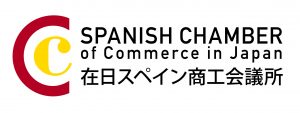
Remote interpreting – a chance for the internalization of SMEs
Remote interpreting – a chance for the internalization of SMEs
New normality is not here yet. For the last couple months, we all have started taking measures in order to adapt to this endlessly shifting reality. Citizens follow guidelines from the experts, while companies from different industries face different challenges. While having all the options on the table, every single factor must be scrutinized by companies in order to implement the right measures to continue being an active actor in the market.
The translation and interpretation industry, which my company belongs to, has not been impacted as badly as the hospitality or fashion industries. Although April was a rather sluggish month for most, right now translation is still alive and well. Since most freelance translators have been working remotely since the birth of the internet, not much has changed in this regard. Translation in fields such as audiovisual and literature especially is still in abundance, with streaming content or video games being almost the only option of entertainment currently available.
On the other hand, it is not an overstatement to say that interpretation or oral translation is in a lean period. Interpreters are qualified professionals with not only a great understanding of and fluency in the two or more languages that they work with, but also with an array of skills to convey a message and make communication between two or more parties possible, a key tool in the current world we live in. Although the practice of alternating with a speaker to translate what they are saying so that listeners can constantly follow along, commonly known as consecutive interpretation, is more common and requires virtually no equipment, for high-level meetings or seminars with many participants and not enough time to alternate between speaker and interpreter, simultaneous interpreting becomes necessary. When providing this service, an interpreter finds herself/himself actively listening to the speaker in order to understand what they are saying and then convey it in another language to the listeners on the spot. Similar to professional athletes, surgeons or chemists, the highest-level interpreters might be seen by some as extraordinary people with superpowers.
However, we are in an age where even the jobs of the most capable of people are in shambles. Here in Japan, we are seeing with our own eyes how many expats are being sent back to their home countries. All of the hard work spent developing skills and know-how is suddenly not a guarantee to have a stable life. It seems like the situation will not get better anytime soon and that there is no hope left in these trying times. Or is there?
Unexpectedly, this viral crisis might actually bring some great business opportunities both for companies with a presence in the international landscape and related professionals. Remote teleconference platforms, such as Zoom or Interprefy, as well as a large number of apps that are available to the public nowadays, provide premium services that enable one or several designated people to carry out simultaneous interpretation. Simple features enable participants in a videoconference to select a channel and listen to an interpreter in a language they understand, while muting the speaker speaking in another language. Despite the sometimes-imperfect sound quality and some basic technical difficulties that may arise, mainly due to internet connections, this is indeed not so different to a professional setting such as an international meeting, conference or seminar where soundproof booths, microphones, headphones and a PA system are required.
We do believe that with the new 5G networks that are being implemented, new tech will be developed, bringing new business opportunities and ways of carrying out such services. We can see great positive outcomes for companies whose activity crosses borders and for the professionals involved in the interpreting field. With shorter notice, companies will still be able to connect with a professional interpreter who provides a similar high-quality service for a significantly lower price. Moreover, this will help small and medium-sized enterprises have more of a chance to negotiate and build up a relationship with foreign companies and vendors. Likewise, interpreters can benefit from this new way of providing services by being able to manage their schedules better and have a better work-life balance.
The role of a translation and interpretation agency will remain the same: providing clients with the resources and solutions required to cater to their needs whenever necessary with the guarantee of a great outcome. However, agencies must continue to find out how to help and assist their clients in the most efficient way possible in this new era we are now entering.
Jorge Rubio
Sales Planning Division No.2
Operations Deparment at Franchir Co., Ltd.
